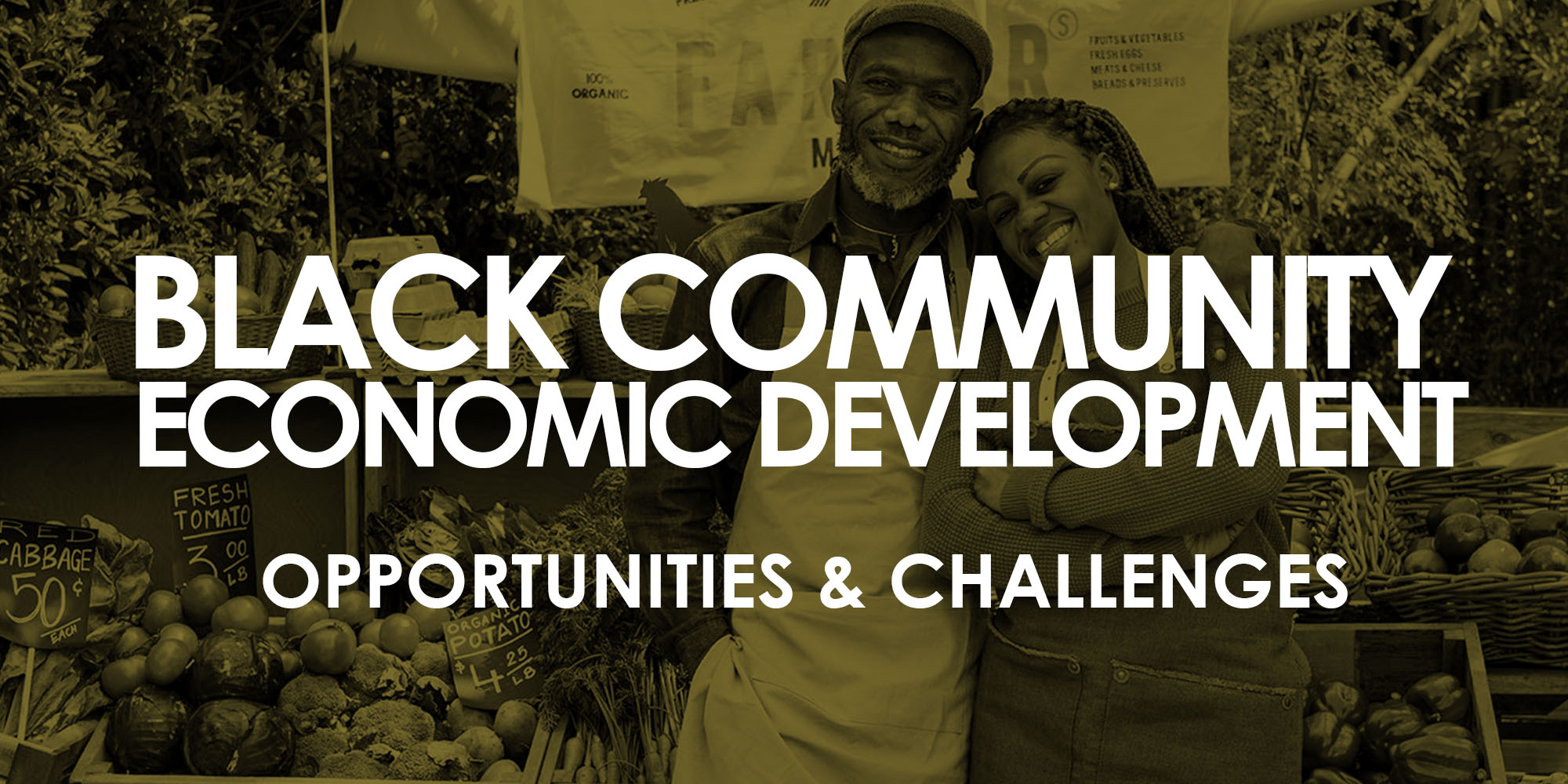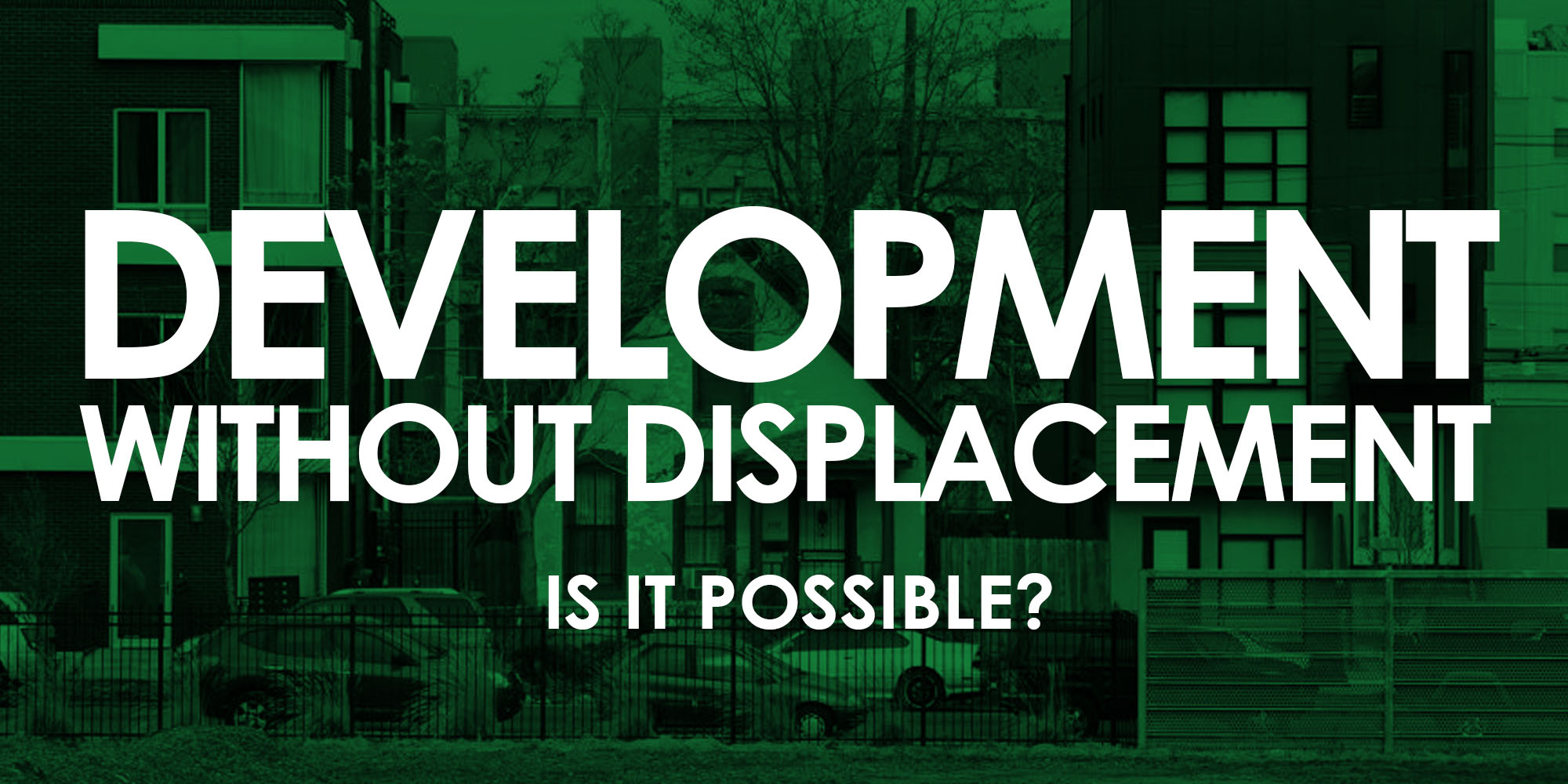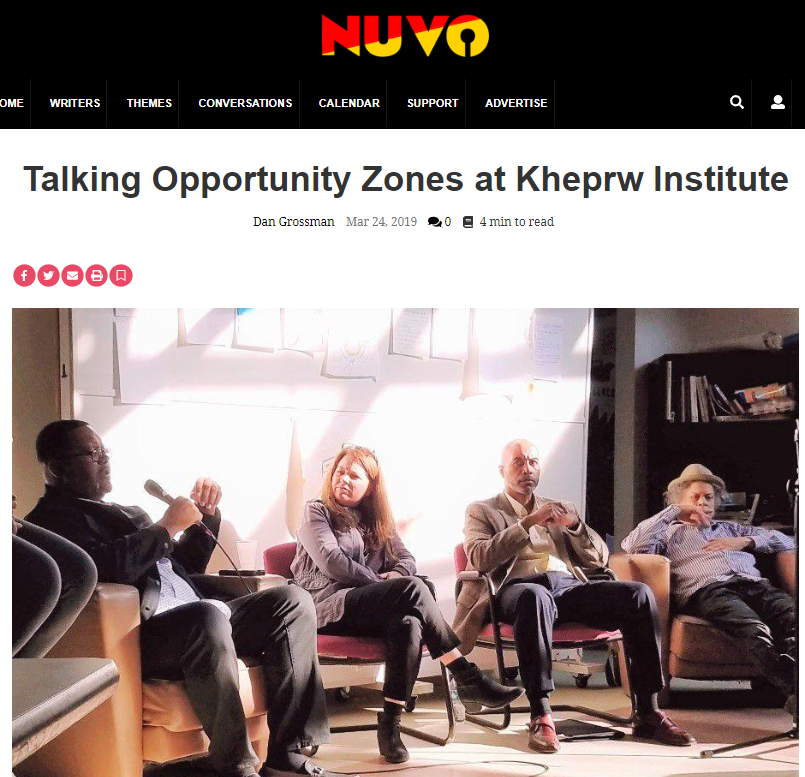
16 Park Community Center, 546 E. 17th StreetFourth Sundays, 3-5PM
How can we use our agency in the present to create the future we want to live in? Indianapolis is faced with many challenges that are both global and local. Join us on the fourth Sunday of each month as we discuss these challenges and opportunities.

HIP HOP AND EDUCATION August 25th, 2019
Join us for a discussion with community members to discuss how hip hop and education work together. Panelists will discuss their personal journeys and relationships to hip hop, and then address the following questions and then we will open it up for Q&A and discussion:
- When you talk about education, what does that mean to you?
- What are the important and critical elements of hip hop that provide great learning opportunities?
- What should every educator know about hip hop?
Afterwards we will open it up for a Q7A and discussion.
PANELISTS:
- Manon Voice, Indianapolis poet and writer, spoken word artist, hip-hop emcee, educator, social justice activist and practicing contemplative.
- Diop Adisa, Hip Hop Artist & Community Activist, Kheprw Institute
- Lasana Kazembe, Ph.D., Assistant Professor, IUPUI
- Terrence “TC” Muhammad, Community Outreach Manager, Hip Hop Caucus
- Tatjana Rebelle, Founder VOCAB
- Kahlil Mwaafrika, Educator, Kheprw Institute (Moderator)
WATCH THE VIDEO
PART 1
PART 2

Racial Equity: Myth or Reality? July 28th, 2019
Join us for a discussion with community members and leaders who are looking critically at their role in creating a more equitable future. Panelists will discuss the following questions and then we will open it up for Q&A and discussion:
- What is equity and why is race a critical element of dealing with equity?
- What process, policies or tools can be used to address racial equity?
- What can individuals and community do to address racial equity?
PANELISTS
- Paulette Fair, Co-founder, Kheprw Institute
- Michael Huber, President & CEO, Indy Chamber
- Jason Kelly, Director, IUPUI Arts and Humanities Institute
- Pamela Ross, Vice President of Opportunity, Equity & Inclusion, CICF
WATCH THE VIDEO

Decolonizing Wealth - Foundation’s Role in Wealth Distribution June 23rd, 2019
oin us for a discussion with leaders at foundations and philanthropic institutions who are looking critically at their role in creating a more equitable future. Panelists will discuss the following questions and then we will open it up for Q&A and discussion:
- How do you define wealth?
- What are some of the challenges you see in these particular spaces (i.e. foundations) to make the future more equitable?
- What do you see as the role foundations play in creating a more racially equitable future? How are they changing their practices? What are they doing differently?
- What is not being talked about in the foundation's role in achieving wealth equity?
The event title comes from Edgar Villanueva's book Decolonizing Wealth: Indigenous Wisdom to Heal Divides and Restore Balance. It is a recommended read. Click here for an interview with the author: https://www.youtube.com/watch?v=2x0X-AHVydo
PANELISTS
- Charles Wallace-Thomas IV - Boston Ujima Project
- Tamara Winfrey Harris - Central Indiana Community Foundation
- Kim Williams-Pulfer, Mays Family Institute on Diverse Philanthropy at Indiana University Lilly Family School of Philanthropy
- Jasmine Haywood - Lumina Foundation
- Asli Mwaafrika - Kheprw Institute (Moderator)
- Imhotep Adisa - Kheprw Institute (Moderator)
WATCH THE VIDEO

Black Community Economic Development: Opportunities and Challenges April 28th, 2019
Join us for a panel discussion with leaders around Indianapolis who are taking creative action within the African American community to create opportunity and improve people's lives.
Panelists:
- Ashley Gurvitz with ROCK Initiative - Eastern Star Church.
- Tysha Hardy-Sellers with Edna Martin Christian Center.
- Robert Hawthorne with Westside Community Development
- Ron Hantz with Network for Developing Conscious Communities.
- Pambana Uishi (Moderator) is the Office Manager and one of the founders of the Kheprw Institute.
- Asli Mwaafrika (Moderator) is a junior at Shortridge High School and one of interns at the Kheprw Institute
WATCH THE VIDEO

Development Without Displacement: Is It Possible? March 24th, 2019
Can we create and support resident-owned businesses? How do we leverage institutional resources and the skills and talents of residents to support more self-reliant self-determining communities? Can we avoid gentrification?
Join us for a panel and discussion about Development Without Displacement and how it could impact low-income communities. Development can cause displacement when "a city makes a needed investment in a minority community but neglects to work with residents and businesses within that community to ensure improvements do not lead to business closures and displacement...It is believed that Development Without Displacement is possible, but it must be done in conjunction with and in support of the local community" (Is Development Without Displacement Possible?, Huffington Post, http://bit.ly/2NAXUFc)
RESOURCES
Click here to learn how Seattle attempted to encourage development without displacement: http://bit.ly/2NAXUFc
Click here to read about how the Bay Area attempted to resist gentrification: http://bit.ly/2H8hQOx
Click here to read a data study by the Polis Center about neighborhood change in Indianapolis: http://bit.ly/2Tnq0cp
The question remains whether it is possible and likely that low-income communities can not only persist and survive development, but also whether or not they can benefit from development:
We will start with a panel of individuals engaged in the topic of community development. They will introduce themselves and share:
- Whether they think displacement without development is possible
- What they see as the opportunities and challenges of development for low-income communities
- What low-income communities can do to benefit or mitigate potential threats of development
PANELISTS
- Matt Nowlin is a research analyst with the Polis Center.
- Diop Adisa was born and raised in Indianapolis, Indiana. He is a graduate of IUPUI studying philosophy. He has been with the grassroots community organization Kheprw Institute (KI) since its inception back in 2003.
- Andy Beck is a Neareastside Indy resident and am active on the Cottage Home neighborhood board, and as the chair of the Land Use committee overseeing the construction and renovation of neighborhood homes
- Teddrick Hardy is a resident of Haughville and part of the community group Haughville Strong.
- Ajani Johnson (Moderator) has been a youth intern with Kheprw Institute for more than 7 years. He has contributed to youth-led community forums and is a videographer with KI NuMedia.
- Imhotep Adisa (Moderator) is the Executive Director of the Kheprw Institute,
WATCH THE VIDEO

Opportunity Zones: Benefit or Curse for Low-Income Communities? February 24th, 2019
Can Opportunity Zones be used to create new community-owned businesses and living-wage jobs or will they serve as a tax-haven for the wealthy and exacerbate the challenge of gentrification?
Join us for a panel and discussion about Opportunity Zones and how they will impact low-income communities. Opportunity Zones are part of the new tax law designating low-income tracks around the country and making tax incentives available to individuals who invest in property and businesses in those zones. Click here to learn more about Opportunity Zones: https://www.youtube.com/watch?v=sJLILERHNRA
The question remains whether this new tax policy will benefit low-income communities.
We will start with a panel of individuals engaged in community economic development and Opportunity Zones. They will introduce themselves and share:
- What they know about Opportunity Zones
- What they see as the opportunities and challenges of Opportunity Zones for low-income communities
- What low-income communities can do to benefit or mitigate potential threats
PANELISTS
- Gary L. Hobbs Sr. is the President and CEO of BWI LLC
- Keith Broadnax joined Cinnaire in 2002 and is Senior Vice President of our Indianapolis office
- Rachel McIntosh has over twenty years of experience in the nonprofit sector. She currently works with Local Initiatives Support Corporation (LISC) national office as Senior Opportunity Investment Officer
- Asli Mwaafrika (Moderator) is a junior at Shortridge High School and one of interns at the Kheprw Institute
- Imhotep Adisa (Moderator) is the Executive Director and Co-Founder of the Kheprw Institute, a non-profit organization focused on youth development in Indianapolis, IN.


